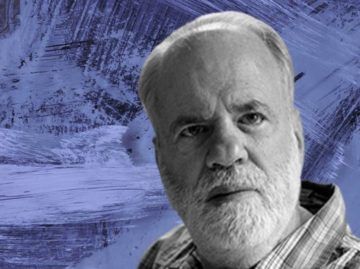Timothy Williamson at IAI News:
 The stereotype of a philosopher is an old man with a long beard. Saul Kripke made world-leading contributions to philosophy and logic as a teenager. It was the starting-point for his most distinctive later work, which gave philosophers a new framework to think in.
The stereotype of a philosopher is an old man with a long beard. Saul Kripke made world-leading contributions to philosophy and logic as a teenager. It was the starting-point for his most distinctive later work, which gave philosophers a new framework to think in.
Kripke’s first breakthrough came in modal logic, the branch of logic concerned with structural principles about necessity and contingency, possibility and impossibility. In English, such matters are expressed by everyday modal auxiliary verbs like ‘can’ and ‘must’; a language incapable of making such distinctions would be radically impoverished. The study of modal logic goes back at least to Aristotle. When we accept the inference from ‘It can’t happen’ to ‘It won’t happen’, but reject that from ‘It can happen’ to ‘It will happen’, we are already doing simple modal logic.
Logicians want a more systematic, rigorous approach to classifying arguments as valid or invalid, rather than just relying on vague impressions of plausibility. More specifically, they want to define a range of models of how things are against which they can test an argument, to see whether its conclusion really follows from its premises.
More here.
